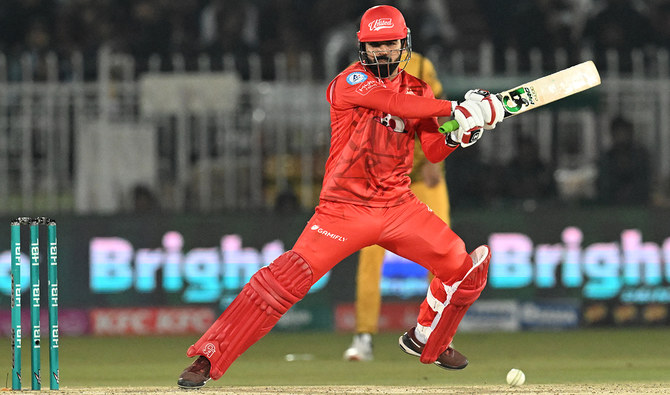ISLAMABAD: Pakistan Prime Minister Shehbaz Sharif has expressed concern over Iran’s missile attack on a United States (US) military base in Qatar and called for efforts to restore peace in the region, Sharif’s office said on Monday, following his telephonic talk with Qatari and Saudi envoys to Islamabad.
Iran launched missile attacks Monday on US military bases in Qatar and Iraq in retaliation for the American bombing of its nuclear sites, state media said, amid escalating tensions in the volatile region.
Qatar said it had “successfully intercepted” missiles targeting the US base, and added it reserved the right to respond in accordance with international law. The US confirmed its air base was targeted by missile attack from Iran and said no casualties were reported.
Shortly after the attack, Sharif spoke with Qatar’s Ambassador to Islamabad Ali Mubarak Ali Essa Al-Khater and expressed solidarity with the Qatari government and people. He then spoke with Saudi Arabia’s Ambassador Nawaf bin Said-Al Malki.
“The Prime Minister urged that all efforts must be made to de-escalate tensions and restore peace in the region,” Sharif’s office said, following his conversation with the Saudi envoy.
“He said Pakistan would continue to work closely with the Kingdom of Saudi Arabia to intensify peace efforts.”
The Qatari and Saudi envoys thanked the prime minister for expressing solidarity and immediately reaching out to them after the development that could imperil peace and stability in the region, according to Sharif’s office.
Qatar earlier said it condemned the Iranian missile attack, calling it a “flagrant violation” of its sovereignty.
“We express the State of Qatar’s strong condemnation of the attack on Al-Udeid Air Base by the Iranian Revolutionary Guard Corps, and consider it a flagrant violation of the State of Qatar’s sovereignty and airspace, as well as of international law,” foreign ministry spokesman Majed Al-Ansari said in a statement.
The Al-Udeid air base is home to the US Combined Air Operations Center (CAOC), which provides command and control of air power across the region as well as the 379th Air Expeditionary Wing, the largest expeditionary wing in the world.
Iran’s retaliation came a day after the US launched a surprise attack Sunday morning on three of Iran’s nuclear sites, joining Israel in the biggest Western military action against the Islamic Republic since its 1979 revolution.
Just before the explosions, Iranian President Masoud Pezeshkian wrote on the social platform X: “We neither initiated the war nor seeking it. But we will not leave invasion to the great Iran without answer.”

















